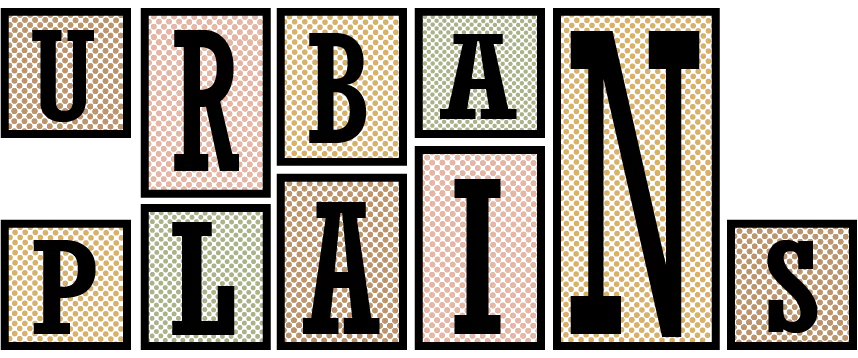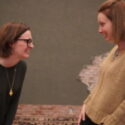Comedy— a male dominated industry no more.
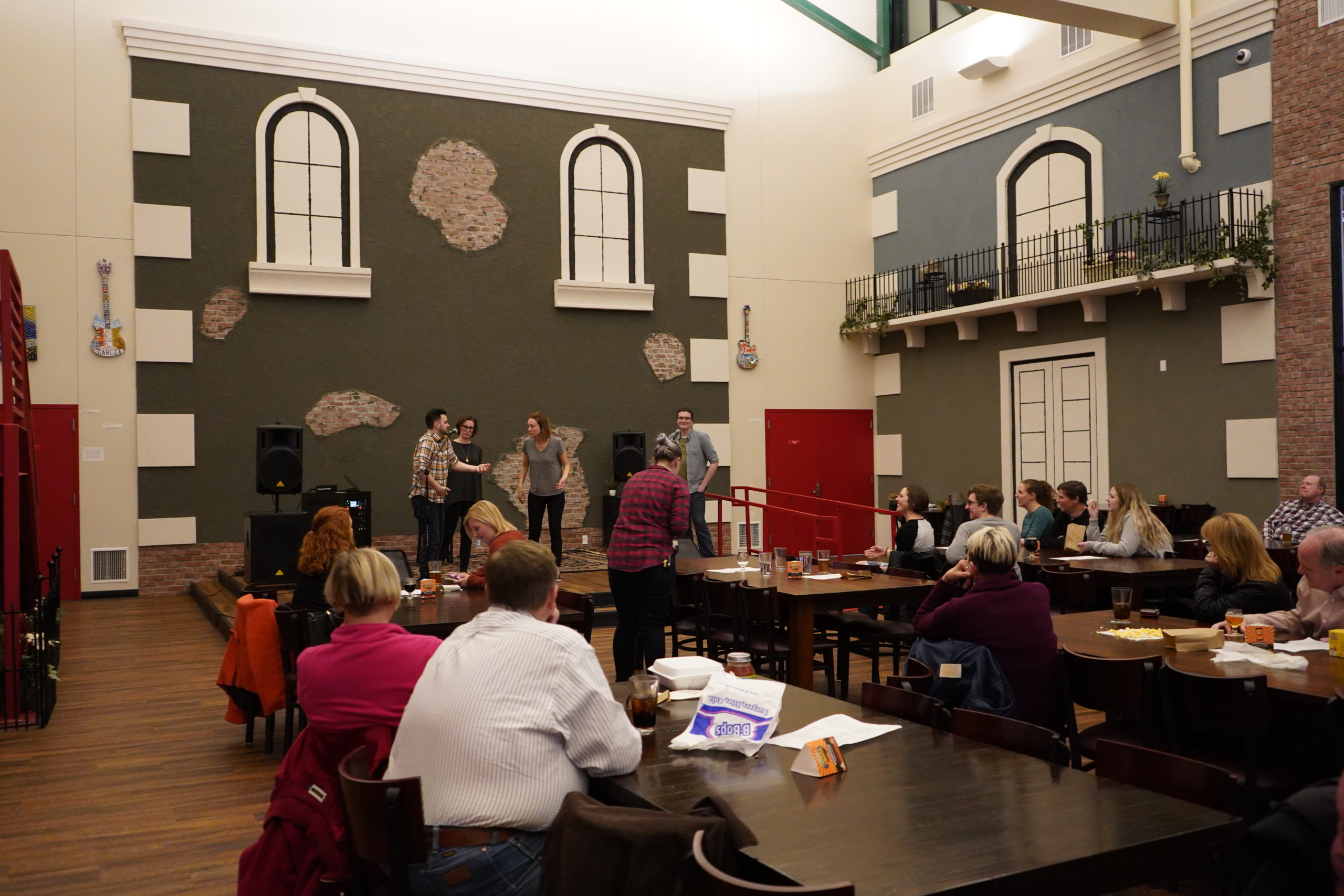
Behind every belly laugh, there is an even greater, hilarious comedian. Comedy is a male dominated industry, but that is slowly but surely beginning to change.
Women comedians can act, write, perform and direct stand-up just as well as men. Breaking down these stereotypes and getting comfortable in their own jokes are just two of the ways that Onalee Kelley and Lael O’Shaughnessy make their mark on comedy.
The gender gap is closing, one woman comedian at a time. Kelley, a member of the comedy group CHOWDOWN, joined comedy while studying English at Colgate College in New York. With no real plans to become a comedian, her natural ability shined through. She had no training outside of the one improv class she took her senior year, and the rest is history.
She joined CHOWDOWN in 2017 and they performed in multiple comedy clubs around the Midwest region. The co-ed comedy group consisted of around six people at a time. After all of Kelley’s comedic experiences, she has decided that she prefers improv to stand-up.
“When I moved back to Des Moines a couple years later, they had Last Laugh, which was a comedy club that is no longer in existence. It all just snowballed from there,” Kelley states.
Kelley started her stand-up career shortly after her gigs at Last Laugh in 2016. Kelley explained that stand-up was at its prime around this time. The radio show that she participated in college helped her to be confident and speak loud and proud at open mic nights. Kelley’s path to a comedy career was certainly not conventional.
“Sometimes I’ve been on shows, and I’m wondering if I’m just on the show because I’m a woman. I’m one of the few women that are arguing stand-up here in Des Moines,” Kelley expresses.
Kelley does bring up a valid point. Comedy clubs don’t seem to be booking solely for talent. She believes that comedy clubs might be booking varied genders and ethnicities within comedians to acquire more customers and larger crowds, and in return make more money.
“I joke because, some stand-up comedians say I’m better at improv, and some improvisers say that I’m better at stand up, which basically just means like, oh, so I suck,” Kelley says jokingly.
On a more serious note, Kelley states that a lot of comedians only do one form of comedy, so it’s a challenge to do both. The difference between the two is that improv takes a lot more practice; it is important to be comfortable with the other people who are also performing improv, so it flows and at least seems natural to those observing.
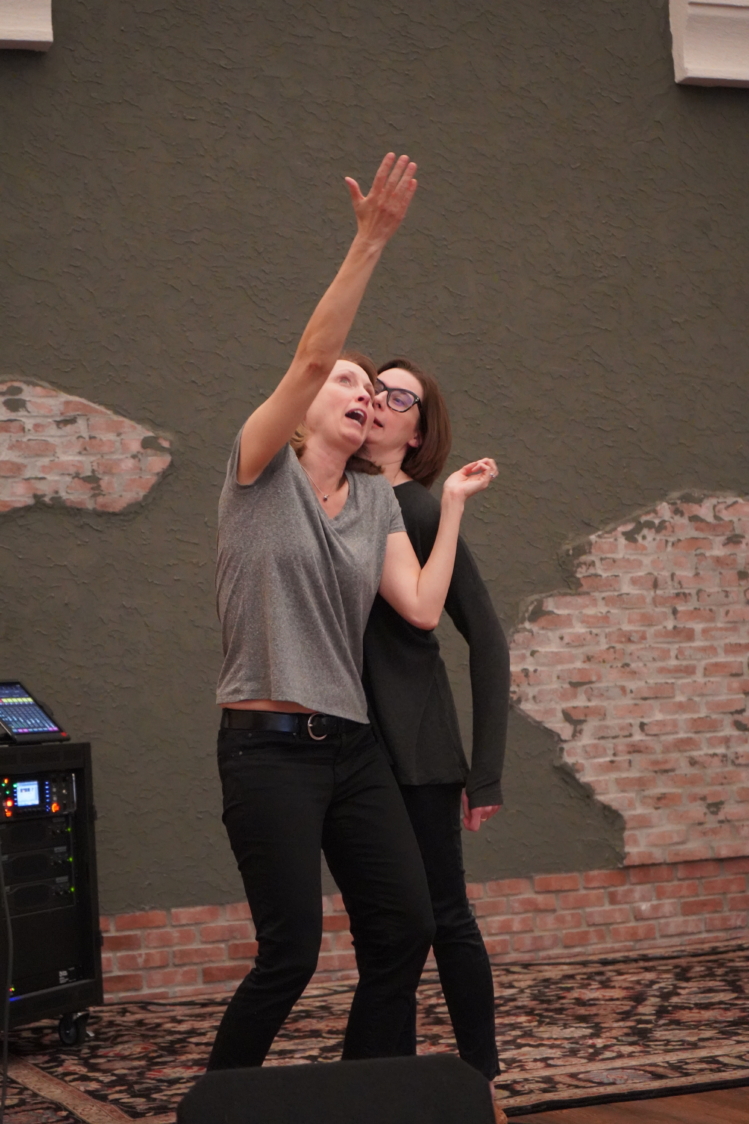
Strike a pose. CHOWDOWN performs a “You call it” pose for the audience during an improv session.
Stand-up comedy is usually a single person performance and can be recreated if you get a positive reaction out of the audience. Stand up also requires less preparation and can be made up on the spot. Lael O’ Shaughnessy, a female comedian based out of Chicago, says that her go-to act will always be stand-up because it’s fun and convenient.
“Right now I pretty much am exclusively doing stand-up. I am less disciplined about it because with stand-up, I can just get to a bar and do it,” Shaughnessy says with a smile.
With stand up, it’s easier to curate those laughs.
“I definitely draw from my own life a lot, which is like easy, because you live and are going to find stuff to write about. It becomes one of those things where it is my life and I’m manipulating the worst parts of myself, so there’s something icky about it,” Shaughnessy says laughing.
At times, both Kelley and Shaughnessy say that they will get heckled more when they are doing stand-up since they are alone and not in a group setting. Kelley mentions that sometimes people attend comedy clubs for the wrong reasons, or they have too much beer.
She goes on to explain that it’s just something that is deflected when you’re in comedy, which should not have to be the case. Although, the “norm” when thinking about the classic comedian is a white male around his 30’s to 40’s, it is important to keep in mind that having a variety of cultural backgrounds and genders makes comedy more relatable and more appealing to a larger audience.
“Especially in improv, once you have a more diverse thought, as well as a diverse gender and diverse race, it’s always good to have that on stage, because you can talk about more,” Kelley says.
Shaughnessy says that comedy is like a rollercoaster of emotions. She adds that the politics of comedy can come into play often, especially when it comes to gender. It is just another thing that has to be ignored as a comedian.
She did one segment on a comedy segment called Laugh Factory, that received some negative feedback.
“I posted one clip and then I posted a second one. And on the second one I said the word vagina, and the negative comments we’re like so freaking crazy. Just by saying the word vagina,” she explains.
With just one word, Shaughnessy believes a stigma can be created around your comedy style as a woman.
Shaughnessy has a male comedian friend who did a segment about rough sex just days later on Laugh Factory. He didn’t get quite the same reaction as she did.
“I posted one clip and then I posted a second one. And on the second one I said the word vagina, and the negative comments we’re like so freaking crazy. Just by saying the word vagina,”
Lael O’Shaughnessy
“There’s literally a clip with a guy I know, a friend of mine, who’s like talking about rough sex and he’s a dude and everyone’s like, This guy! Where does this guy play? I literally say the word vagina and I will never stop, and I’m just a classic female comedian who never stops talking about my p****,” Shaughnessy says with a laugh.
She’s had men that have even started attacking her personal life on her social media accounts.
“That is a very real manifestation and internalized and hatred towards women,” she explains.
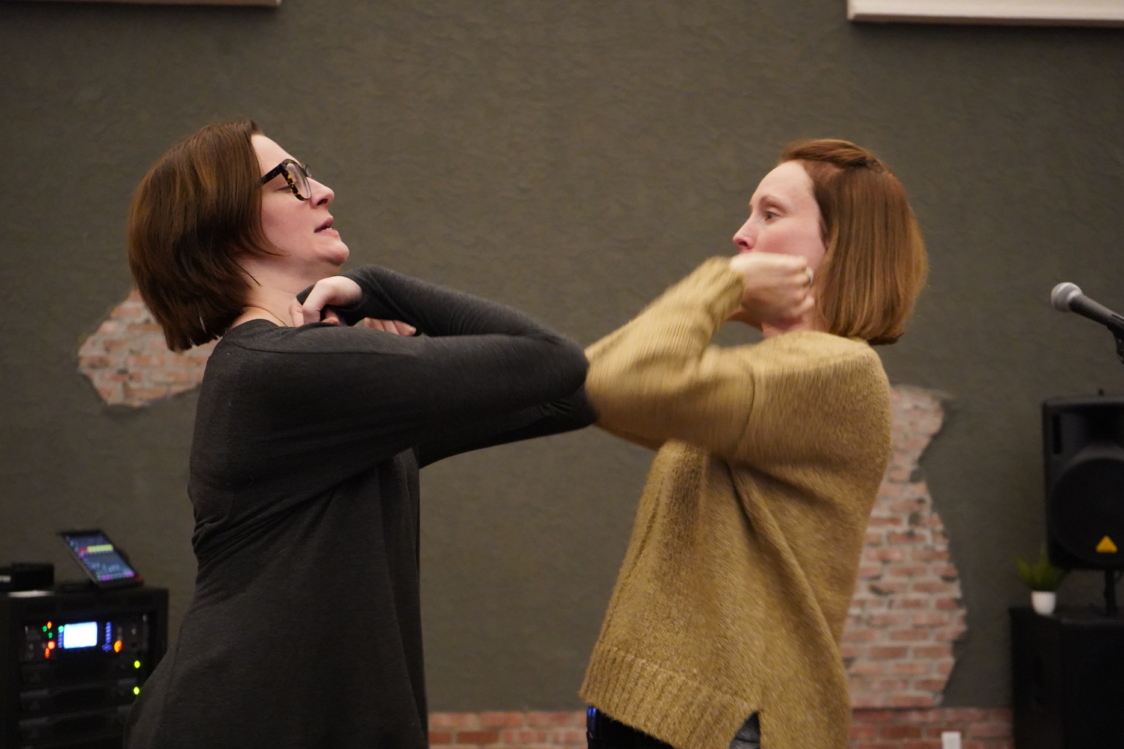
Elbows to elbows. Improv can make you do some crazy things.
Shaughnessy knows it’s not always about her personally, but sometimes it can come off that way and she’s still human. She admits that at times, it can hurt.
Comedy is no walk in the park. Not just anyone can do it, and it takes a real and brave woman to step up to the plate and show what they’re made of. This is especially important in an industry that is influenced and monopolized by men.
Like it or not, women in comedy are here to stay.
*Listen to the audio story on our podcast here!
Photos By: Maric Salocker
